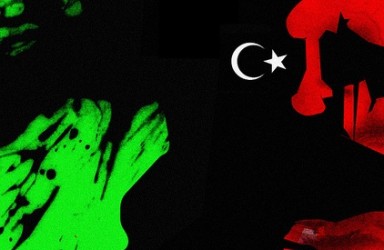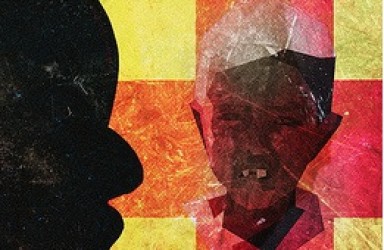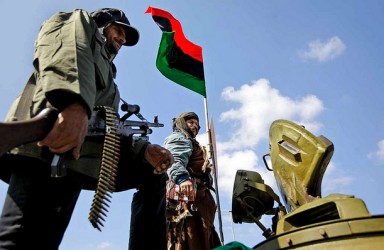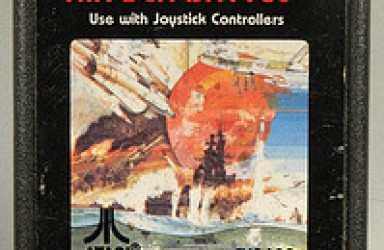Do Not Celebrate the Death of a Dictator
My blood curdled upon seeing images of a dying Gaddafi. So begins the new Libya, drenched in blood, celebrating the death of its 40-year dictator. I am no apologist for the butchers of 9/11, the rapists of Misrata, or the killers of innocent men, women and children worldwide. But I cannot bring myself to glorify death.
A Response to the World Development Report 2012
The report claims to be able to form arguments and reach conclusions which extend beyond the economic realm. Yet, the failure to see gender equality as an “end” as well as a “means”, and the financial language used throughout demonstrate that the authors have been limited by their discipline more than they would like to admit.
THE FORMULA FOR AMERICAN ISOLATIONISM
I prefer to call it Restraint, but let’s be clear, by whatever label America is pulling back. The oceans are big and protect America from much of the world’s turmoil. Being on American side of them is cheaper than being on the other side and wiser too. America is coming home thanks to the government’s budget deficit.
Famine in Somalia: A Man Made Disaster
The Somali people, for decades pawns in a catastrophic game of geopolitics, are paying the ultimate price for a counterterrorism policy that has exacerbated the very threat it sought to quell. Now, when western assistance is truly merited, the gates appear firmly shut.
Bluffing its way into power: Liberal-lite interventionism
I recently read an insightful blog entry by a doctoral candidate at LSE, John Collins. The entry neatly outlines how liberal intervention in Iraq impacted the foreign policies of Iran and North Korea, as well as discusses how NATO’s engagement in Libya relates to liberal interventionism.
Famine in Somalia: Who is to blame?
Whilst the existence of an effective central government does not ensure the avoidance of famine, the regions of Somaliland and Puntland both have more pervasive governance structures than the rest of Somalia, and have avoided ‘Famine/Catastrophe’ status through distribution of reserves and enabling a secure environment for international agencies.
9/11 + 10 Years
In a blast from e-IR’s blogs past, Harvey M. Sapolsky considers ten results from the war that the 9/11 attacks against the United States provoked over a decade ago.
The Responsibility to Rebuild and Libya
The responsibilities to prevent and react have been addressed in Libya, but the third stage of the R2P, “the responsibility to rebuild”, remains an ongoing issue. The extent to which the R2P can be seen as a “success” in Libya rests largely how this part of the R2P is implemented. In many respects, the “responsibility to rebuild” is the one of the most important parts of the R2P because requires intervening actors to establish a clear and effective post-intervention strategy.
Don’t Fear the Air/Sea Battle Concept
Much has been made recently in multiple publications about the possible escalatory nature of fighting Chinese anti-access tactics with a concept of “Air/Sea Battle”. Very little exact information about the plan is known to the public, yet speculation has remained rampant. The concept at its core is attempting to create synergy between armed forces in combining their offensive capabilities as seamlessly as possible. This is not a new idea.
THE TEA PARTY SAVES DEFENSE
The intransigence of the Tea Party Republicans during the recent US debt ceiling negotiations has apparently saved the US defense budget from deep cuts that had seemed almost certain a month ago. The negotiations pushed a full agreement onto a special legislative committee which is to report in the fall.









